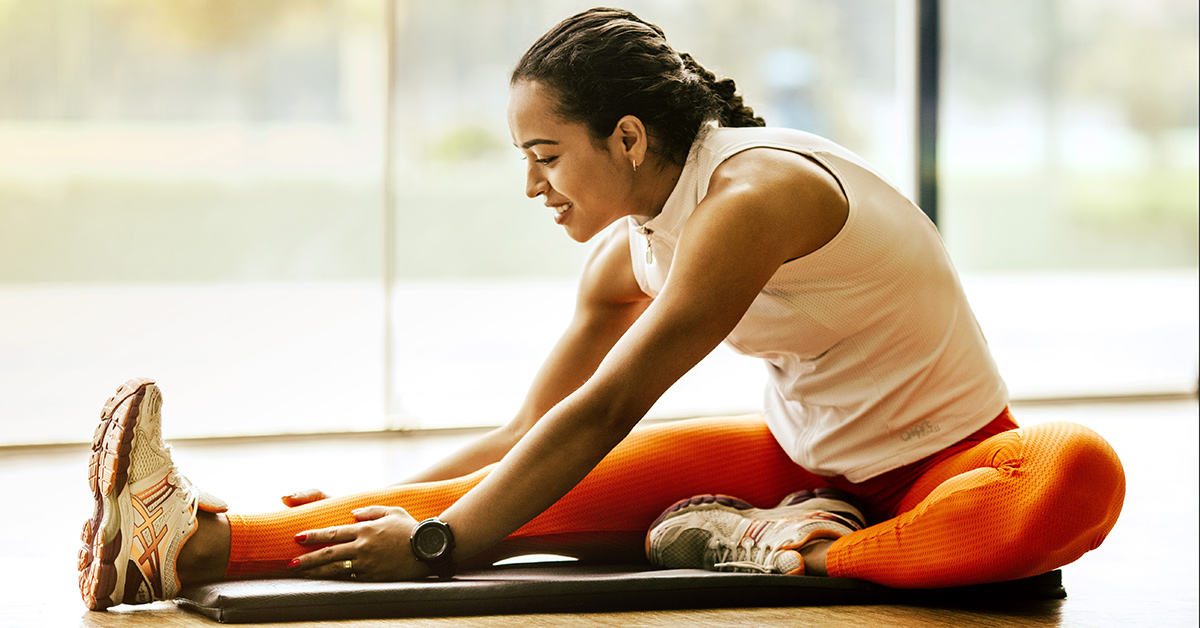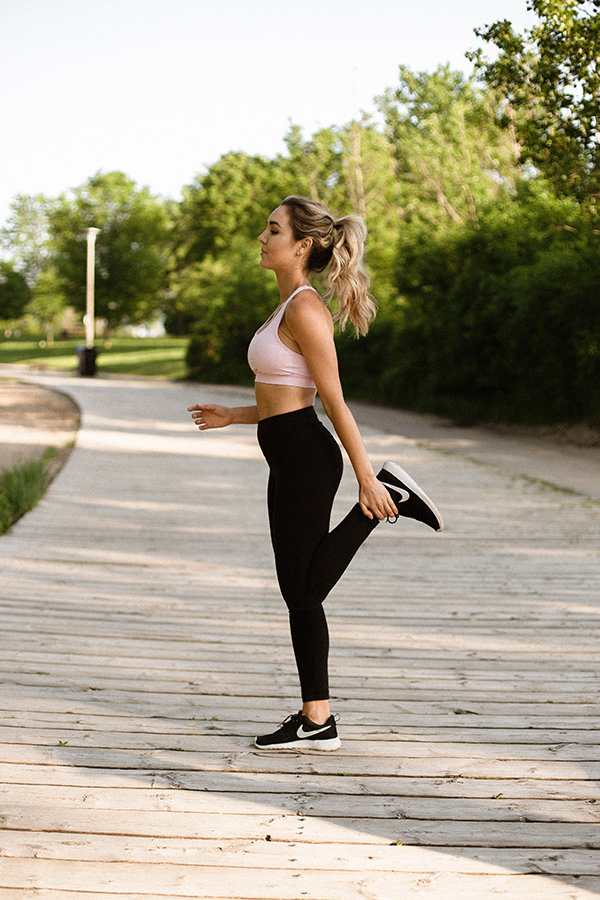
Why Runners Should Stretch
Stretching. We know we should do it and we do often intend to do it. But in reality, very few of us are strict enough about including it in our running routine. We may well have enough motivation to run, but we might not be equally motivated to stretch. It’s our Achilles heel. We get it, no one’s perfect. But stretching is indeed important to all runners out there and here’s why runners should stretch.
Regular stretching helps to increase our range of motion, as well as our flexibility. We’re not saying everyone should be gymnast-style flexible where we can tuck our legs behind our head without blinking an eye, and it looks as if all the bones have been removed from our body. No, that’s not necessary. But increasing our range of motion and our flexibility is important because it increases mobility in our joints and muscles. This ultimately reduces our risk of injury when putting these muscles to work.
When Should I Stretch?
So, is it best to stretch before or after running? Well, the answer is both, kind of.
Static stretching (i.e. flinging your arms down to touch your toes or bending your knee to grab your foot and stretch your quad) is not a good idea to start off with. Your muscles need to warm up first. Think of them like rubber bands; the warmer they get, the more elastic they get. You’re more at risk to damage your muscles by going straight into deep stretches before warming up.
Instead, try a dynamic warm up. Walk for 3-5 minutes, or gently jog, or go on a bike, run up and down the stairs in your house if you have to. Get your body moving and your blood flowing. Then try some dynamic stretches; think jumping jacks, lunges, leg swings, high knees, butt-kicks, do Mr. Motivator proud! After this, you can try out a few static stretches to prime your legs, but don’t bounce, just inhale and exhale smoothly. Warm-ups don’t have to be an arduous ordeal, 10 minutes or so will do, but you need to prep your muscles for the punishment you’re about to unleash on them.

Stretching After Your Run
After the run, make sure to include a cool-down period for a few minutes. Again, just a walk or a gentle jog will do. Now post-run and post-cooldown is where the static stretches really come into play. This is the time to increase flexibility, but also to help get rid of any lactic acid that’s built up. Think of it as taking away the muscle soreness you may well experience in the days after exercise.
Stretching-wise, for runners the focus will obviously be on the legs; make sure to stretch the quads, hamstrings, calves, IT bands, pirimformis, psoas, glutes, groin and also lower back and spine if you can. This is why yoga can be great for runners, as it helps to stretch and strengthen those target areas. It might seem like a long list, but 10 minutes-worth of stretching (holding each stretch for 15-60 seconds) can go a long way in keeping your body healthy.
We understand it’s hard to motivate yourself to spend time and effort on a pre-emptive measure that’s often quite intangible, but it’s worth. There’s no running away from it (excuse the pun).
So, make it second nature, make it a habit, make it part of your routine that just comes with running. That way, when you set time aside in your head for your run that day, you automatically include stretching time before and after. It’s not the most fun part of keeping fit, but think of it as a treat for your body like a service for your bike: you’re oiling the chain, pumping up the tyres, unclogging the brakes…basically, you’re keeping the machine that is your body ticking along nice and smoothly.
Stretching on Floor Photo by Jonathan Borba from Pexels
You might also be interested…
What Happens to my Body When I Run a Marathon
Long Distance Running As you can imagine, running a marathon can elevate your body to new levels of high performance. Usually, your body only requires slow twitch muscle fibres to propel it forward, however, when it comes to long distance running,...
How Long Will My Running Shoes Last?
What to Look for in Running Shoes If you ask this question every day after you've bought the new running shoes or are considering to buy a pair and want to know if it's worth it in the long run, it's time for answers. While the doctors and shoe companies recommend...


